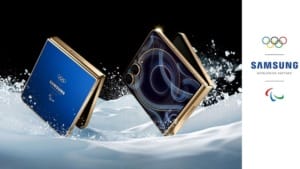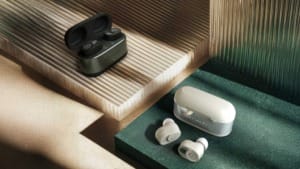Young Singapore inventor wins James Dyson Award for diabetes innovation
NUS graduate Zoey Chan wins James Dyson Award 2025 in Singapore for nido, a tool designed to simplify daily insulin injections.

A 23-year-old graduate from the National University of Singapore has been named the National Winner of the James Dyson Award 2025 for her invention, nido. Inspired by her own struggles with Type 1 diabetes, Zoey Chan Zheng Qi created a compact device designed to simplify and improve the daily insulin injection routine.
Table Of Content
Diagnosed at the age of 20, Chan faced the everyday difficulties of managing her condition. “Injecting insulin multiple times a day in public was awkward, messy and isolating. I realised that the tools we were given to manage these daily injections were not really designed for us. So, I decided to develop a product to reclaim control in my own life, and redesign my daily routine,” she said.
Her experience reflects the reality for more than 600,000 people in Singapore living with diabetes, many of whom inject insulin in rushed or public spaces without safe disposal options for used needles.
The invention that stood out
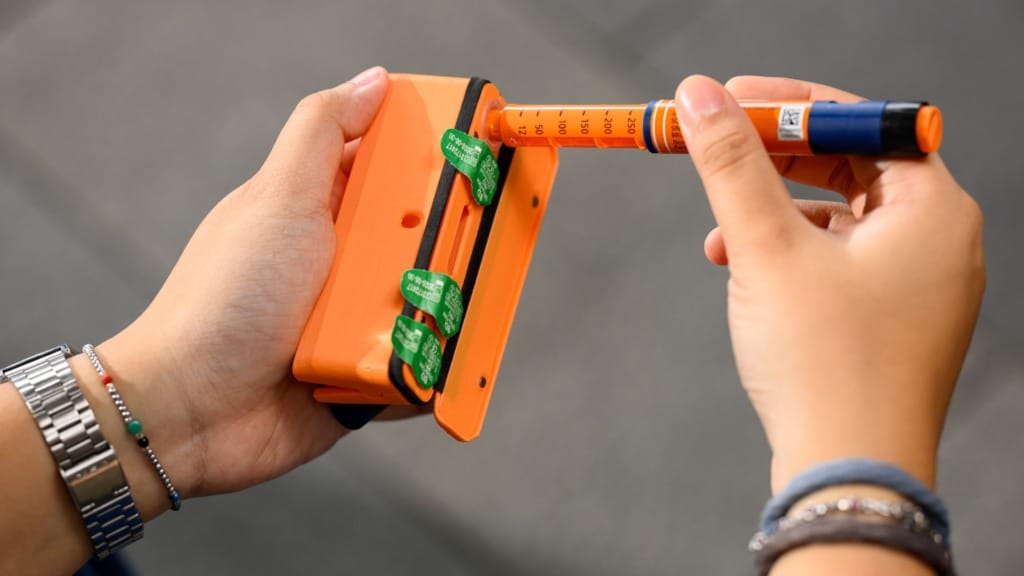
nido, short for “neat insulin daily organiser”, securely stores up to four insulin needles, matching the number of injections typically required each day. Its design accommodates needles of different sizes, with ridges to hold them firmly in place.
The device also features a tapered slot to help users safely remove protective caps without risk of injury, and a compartment for waste storage. A clamp-like system enables one-handed disposal of needles and used parts, making the process safer and more intuitive.
Associate Professor Au Wing Lok, CEO of Singapore’s National Neuroscience Institute and a judge for the award, said: “For countless people managing diabetes, daily insulin injections can bring anxiety, pain, and stigma. An intuitive tool like nido has the potential to improve not only clinical safety but the emotional well-being of those living with this condition, easing the burden of self-care and empowering independence.”
With her win, Chan will receive S$8,400 to further develop the project, with hopes of bringing the product to market at an affordable price.
Recognising innovation in healthcare and crisis response
The James Dyson Award also recognised two other Singaporean designs as national runners-up.
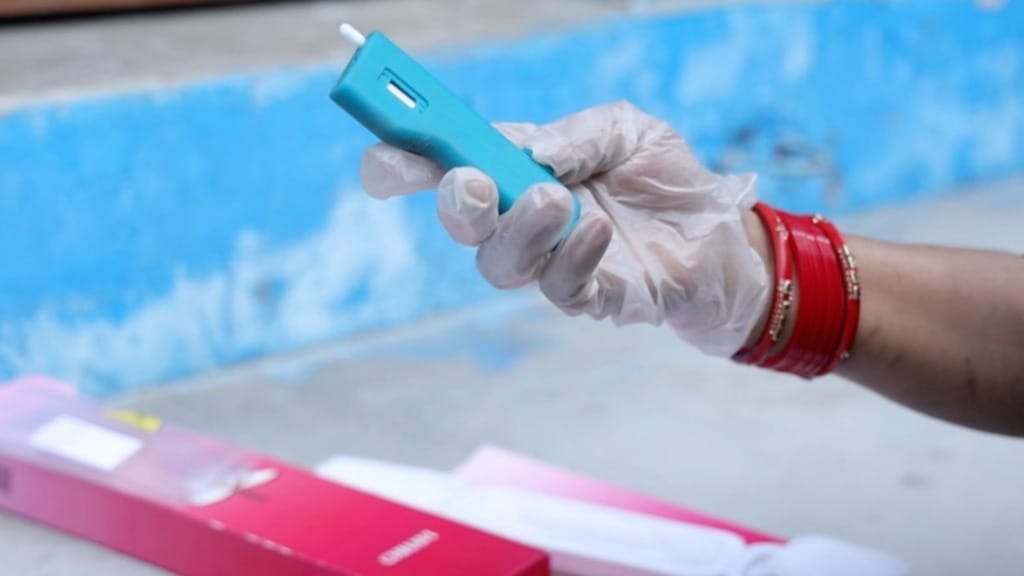
Chhavi, developed by Lasalle College of the Arts graduate Gunika Jain, is a self-diagnostic kit designed to make cervical cancer screening more accessible for women in rural communities. It allows women to collect samples privately, using a colour-change indicator for self-diagnosis and the option of sending samples to a lab. Jain’s work was motivated by the challenges women face in rural India, where almost 80,000 die each year from cervical cancer due to stigma and lack of access to screening.
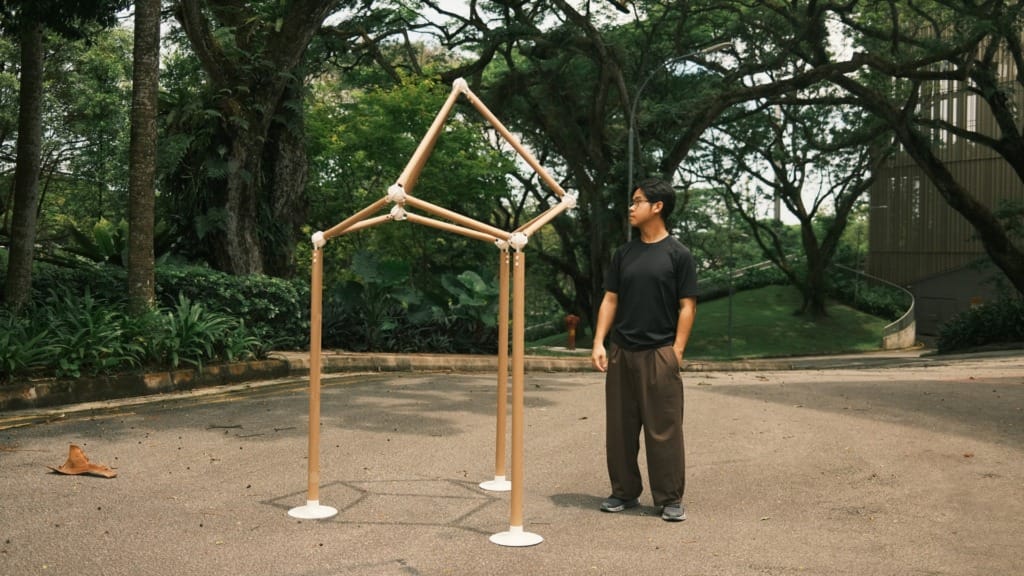
The second runner-up, Noda, was created by Reynard Seah Jun Hao. Inspired by the way plant cells strengthen through water pressure, Noda is a joint system that enables rapid construction of emergency shelters for displaced families. The elastic-core design allows for strong, flexible connections without complex tools, providing a fast and scalable solution for humanitarian crises.
The next stage of the competition
All three Singaporean inventions will progress to the international stage of the James Dyson Award, where they will compete for a place in the global Top 20 shortlist on 15 October. James Dyson will personally select the global winners on 5 November, who will each receive S$50,700 to develop their ideas further.
The James Dyson Award, now in its 20th year, celebrates young inventors across 28 countries and regions. Since its launch, it has supported more than 400 problem-solving inventions, awarding over S$1.6 million in prize money through the James Dyson Foundation.













